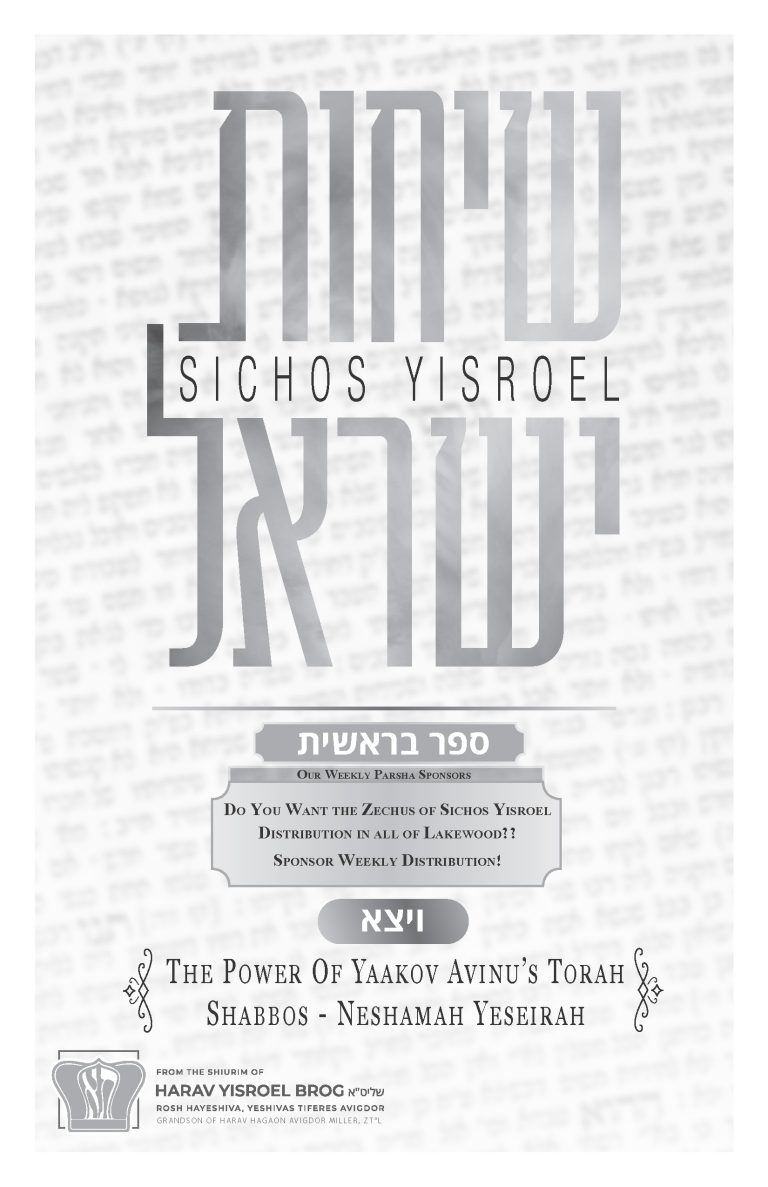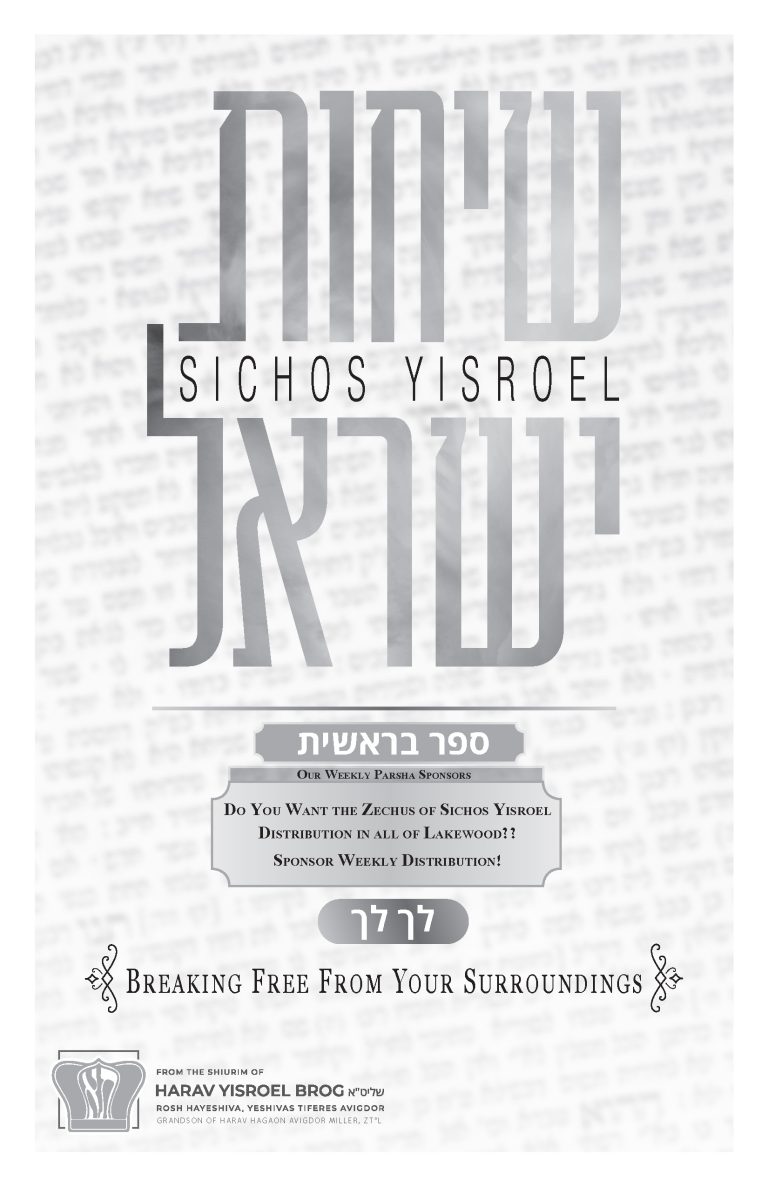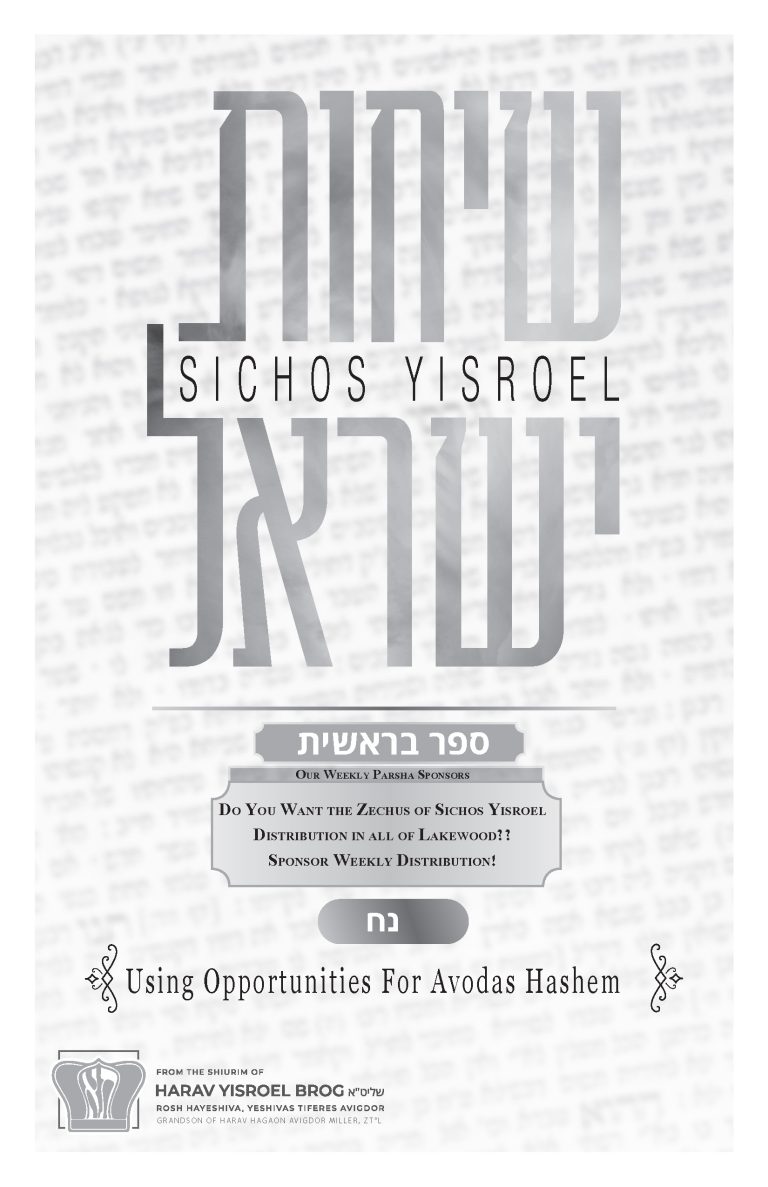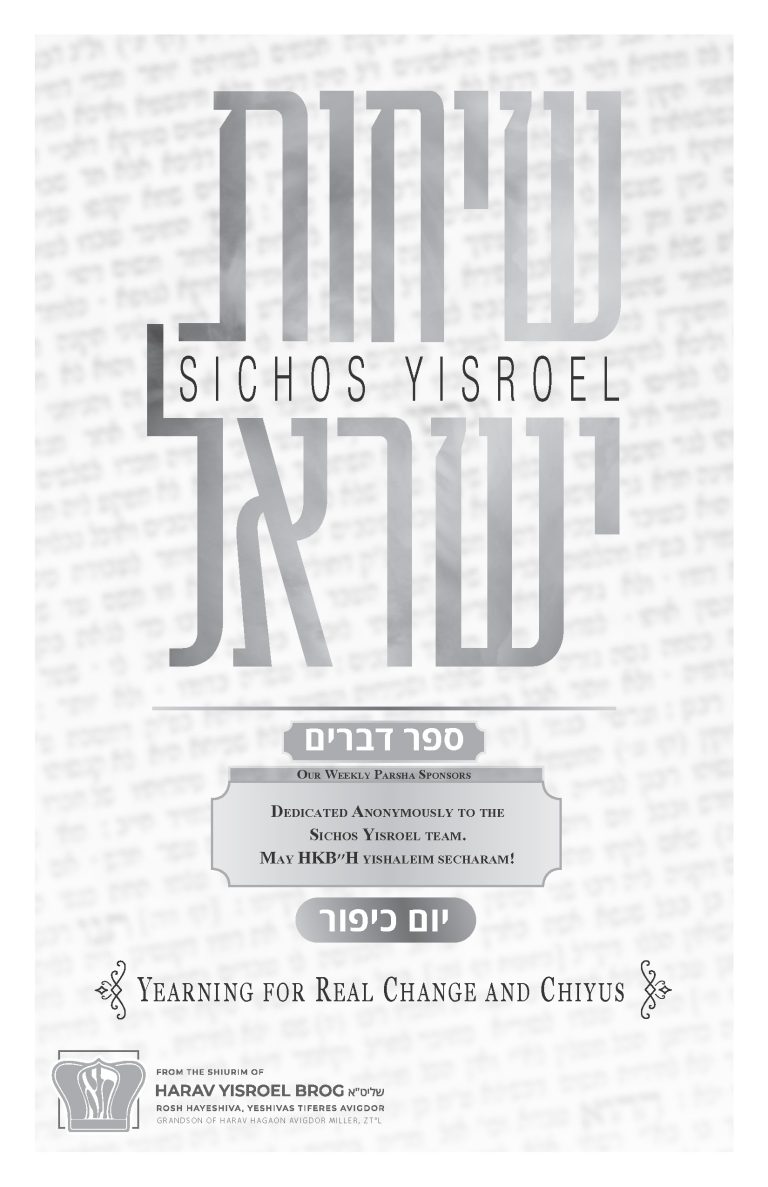Vayeitzei 5785: The Power Of Yaakov Avinu’s Torah
In this week’s parshah, the Torah tells us about Yaakov Avinu, who found himself in double jeopardy. Number one, he hadn’t yet gotten married. He was no youngster anymore. He was in his sixties. So he was an older gentleman already and he was not married. His father had gotten married at the age of 40. So Yaakov Avinu was way over the top. That was one situation he was facing. The second challenge that he was facing was that…









